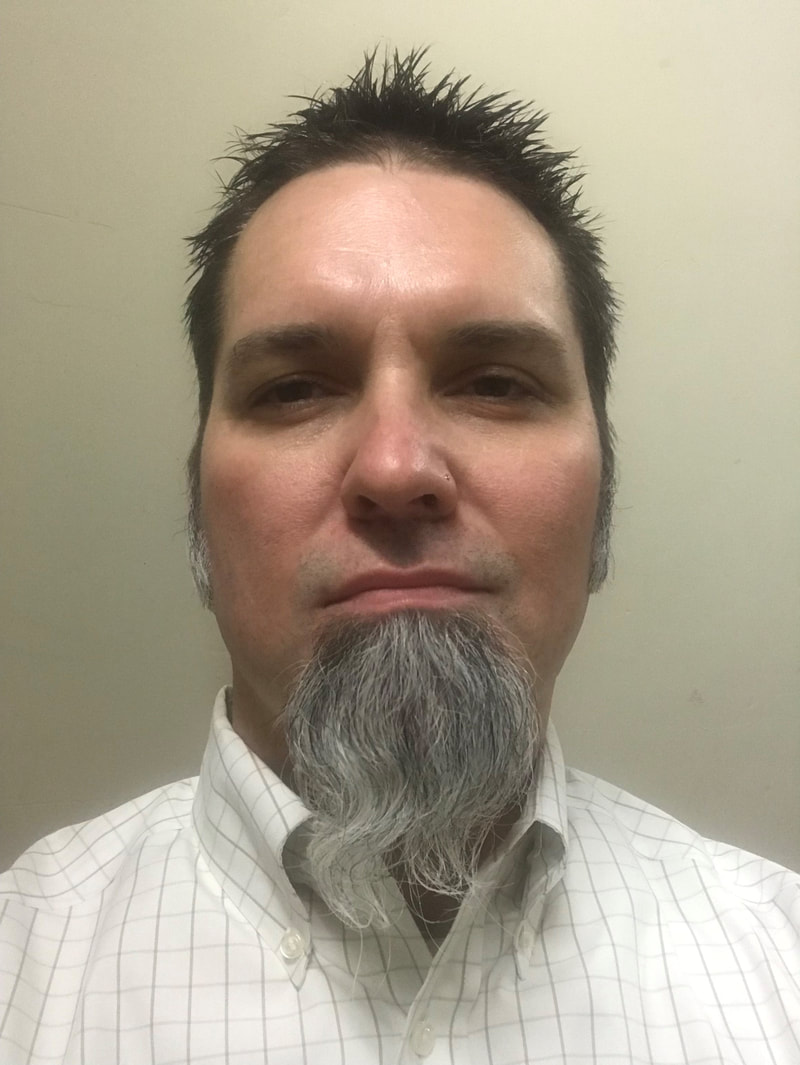His name is Pharoah Clark. He had come over to fist-bump me on his way out of the KLRN studios. Candidates were there filming our respective explanations for running for city council.
He and his Uniting Wisdom group stepped to the forefront during last summer’s protests following the killing of George Floyd in Minneapolis. I introduced myself when I entered the waiting area.
Though we had a few minutes to chat, I didn’t have the chance to tell him that it was his declaration in November that started my wheels turning about doing the same, albeit for different reasons.
He’s probably the candidate most closely associated with one of the propositions on this May’s ballot.
If passed, Prop B would strip police officers of the ability to collectively bargain for wages and benefits. Fix SAPD, which spearheaded the petition drive, believes passage will hasten reform within the force.
The police and their supporters feel it amounts to defunding.
It’s not every day an issue pits traditionally-allied liberal constituencies against each other. Rarer still is when divisions show within both ends of the political spectrum.
“When seconds count, the police are minutes away.”
I’ve answered many questionnaires, and attended several candidates’ forums, mostly right-leaning. Unsurprisingly, I’ve seen a few attendees donning sidearms.
It goes without saying that we’re a safer community when people carry. It’s only when we are robbed of the natural human right to defend ourselves that trouble starts to boil over.
That’s why I’m somewhat curious about conservatives’ general opposition to Prop B, especially when a jittery person could sic the police on them for so little as a misinterpreted glance, nevermind the prospect of what’s going on up in Ontario.
It is a basic municipal function to have officers of the peace. Just as with the protection of private property rights, it’s a key to economic growth. As such, I fully support its existence.
I also get the wariness however, that some folks have of those who voluntarily sign up to enforce laws that regulate victimless crimes, such as gambling.
At the end of the day, I don’t support defunding the police, whose budget actually went up last year. Unless I’m missing the part where it deprives them of being adequately equipped to do their job, I don’t see where this proposition does that.
Would it “defund” some police? Perhaps, and here’s where some confusion reigns.
Pro-freedom forces recognize the right of the people to associate with others. It’s a source of unions’ legitimacy. Pro-market forces have seen the drag though, that they tend to exert on economic dynamism, and subsequently prosperity.
They have countered this by enacting right-to-work laws, which allow an individual to enter into employment (an association itself) free of compulsory union membership.
As their rolls have declined in the private sector, organized labor has retained a foothold in that of the public. Regardless of the industry, they tend to protect the lowest common denominator. We’ve seen this in teachers’ unions.
Conservatives used to recognize this.
Now we have them on the national stage encouraging the organization of Amazon employees, and on the local stage defending the ones in the public sector.
Some are so anxious to get elected that they compare defunding a whole entity like the police department, with doing the same to a doctor.
It’s especially odd when coming from a small business owner who knows they could certainly be “defunded” if they don’t satisfy their customers.
And that’s what we’re talking about here; removing the protective shield of collectivization, when individuals would more likely to be held accountable.
I’m still wrestling with Prop B. A debate recently between FixSAPD and the SAPD didn’t help all that much.
Between the former wanting to essentially add another layer of public bureaucracy, and the latter seemingly wanting to stay in a cocoon because there are no “guarantees” in life, it’s still muddy for me.
Maybe without collective bargaining, only the most gung-ho would join the force, a scenario that’s not all that palatable to those who feel some cops are already too much so.
Perhaps incentivizing cooler heads to join the force, with above-market-equilibrium compensation, is worth the calming effect they would have.
I wish I’d had a few more moments to chat with Mr. Clark. We were just two dudes beginning to pick each other’s’ brain about our respective campaign experiences, neither of us feeling the need to throw red meat to our respective crowds.
I suspect we’d be able to affect positive change better that way.

 RSS Feed
RSS Feed